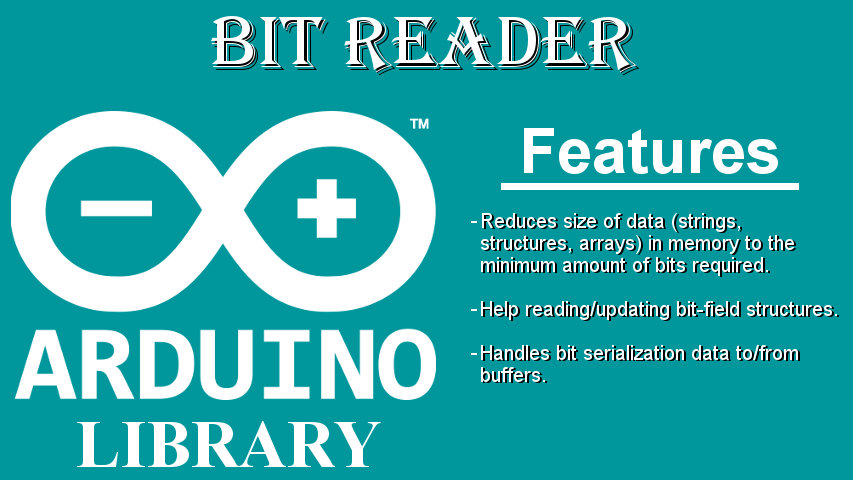
Introduction
Here is another arduino library that I have written.
As a desktop developer, I am not used to have memory (or even CPU) requirements as most developers will not look at memory consumption as an arduino developer would. Memory & CPU is cheap. If your application is struggling to run on today’s computer, it will run smoothly in 1-2 years.
As most arduino developers have faced, the amount of memory available on embedded devices is pretty limited. Having a way to save bits or our precious memory is interesting.
BitReader is an arduino library that allows one to read or write data as chunks of bits.
Skip to the download section for quick download.
Purpose
This BitReader library allows one to read data which is not necessarily aligned on 8, 16 or 32 bits structures.
Note that since you are encoding data in binary format (bits), the trade-off is that more code is required to process/decode the data and there is a small performance delay required for decoding the data
The library is useful for storing or decoding data in binary format using the minimum amount of bits. For examples…
Library features
Possible use are:
- Reduces size of data (strings, structures, arrays) in memory to the minimum amount of bits required.
- Help reading/updating bit-field structures.
- Handles bit serialization data to/from buffers.
Usage
Create an instance of BitReader, BitWriter or BitAddress depending on the following optimization switches:
- USE_BITADDRESS_SETTER_GETTER
- USE_SINGLEBIT_MACROS
- USE_BITADDRESS_READ_WRITE
Then assign a reading or writing buffer using the setBuffer() method.
Then call the write() method for writing bits to the assigned buffer or call the read() method for reading bits from the assigned buffer. Each method allows one to specify the amount of bits to read or write.
Making text strings shorter
Storing words composed of only lower case letters, spaces and dots requires only 5 bits per characters instead of 8 bits (which saves 3 bits per character). The phase hello my name is antoine. i wrote the bitreader library. takes 56 bytes as an array of char but uses 35 bytes as 5 bits chunks.
Allow 6 bits per characters and you can also include capital letters and numbers: Hello my name is Antoine. I wrote the BitReader library when I was 34 years old. takes 80 bytes as an array of char but only requires 60 bytes as 6 bits chunks.
Shorter structures definition
The library is particularly useful for dealing with bit-field structures. Consider the following:
struct Person {
char name[10];
char birthDay;
char birthMonth;
short birthYear;
bool maried;
char children;
};
The Person structure requires 16 bytes in memory (10+1+1+2+1+1) or 128 bits. However, using bit-field structure, the Person structure can be defined as the following:
struct Person2 {
uint8_t name[10]; //keep 8 bits per letters for compatibility.
union
{
struct //aligned on 8 bits
{
uint8_t birthDay : 5; //from 1 to 31
uint8_t children : 3; //from 0 to 7.
uint8_t birthMonth : 4; //from 1 to 12
uint8_t maried : 1; //true or false
//uint8_t : 3; //birthYear (low)
//uint8_t : 8; //birthYear (high)
};
struct //aligned on 32 bits
{
uint32_t padding1 :13; //padding for birthDay, children, birthMonth, maried
uint32_t birthYear :12; //allows years from 0 to 4095.
//uint16_t : 4; //unused
};
};
};
The Person2 structure contains the same information as the Person structure but instead of using 128 bits in memory it only requires 105 bits (80+5+3+4+1+12)
A Person could also be defined with masks:
struct Person3 {
uint8_t name[10];
uint32_t buffer;
};
static const uint32_t MASK_BIRTHDAY = (1<<4 | 1<<3 | 1<<2 | 1<<1 | 1<<0);
static const uint32_t MASK_CHILDREN = (1<<7 | 1<<6 | 1<<5);
static const uint32_t MASK_BIRTHMONTH = (1<<11 | 1<<10 | 1<<9 | 1<<8);
static const uint32_t MASK_MARIED = (1<<12);
static const uint32_t MASK_BIRTHYEAR = (1<<24 | 1<<23 | 1<<22 | 1<<21 | 1<<20 | 1<<19 | 1<<18 | 1<<17 | 1<<16 | 1<<15 | 1<<14 | 1<<13);
static const uint32_t MASK_PADDING = (1<<31 | 1<<30 | 1<<29 | 1<<28 | 1<<27 | 1<<26 | 1<<25);
In the last 2 scenarios (Person2 and Person3), the BitReader library allows one to decode a Person structure from a binary buffer.
Make data arrays much shorter
Consider an algorithm that plays a Morse code. Morse code defines 3 symbols that can be played: dots, dashes and pauses.
For example, the following string Hello my name is Antoine. I wrote the BitReader library when I was 34 years old. (56 bytes) translate into Morse code as
.... . .-.. .-.. --- / -- -.-- / -. .- -- . / .. ... / .- -.
* --- .. -. . .-.-.- / .. / .-- .-. --- - . / - .... . / -...
.. - .-. . .- -.. . .-. / .-.. .. -... .-. .- .-. -.-- / .--
.... . -. / .. / .-- .- ... / ...-- ....- / -.-- . .- .-.
... / --- .-.. -.. .-.-.-
according to this translator. The whole code takes 267 bytes in memory. However, using 2 bits per code, the whole string can be encoded in a char buffer with only 534 bits (~67 bytes). The same concept applies to all numeric array.
Demo
The following demo show how to use the library:
BitReader v1.0.70 benchmark demo.ino#include <bitreader.h>
/**
* Encoding "text" as 5 bits characters using the following:
* A -> 0
* Z -> 26
* -> 27
* . -> 28
* 0 -> 29
* 1 -> 30
* 2 -> 31
*/
#define BUFFER_SIZE 600
unsigned char sourceBuffer[BUFFER_SIZE];
unsigned char targetBuffer[BUFFER_SIZE];
void setup() {
Serial.begin(9600);
#ifdef USE_BITADDRESS_SETTER_GETTER
Serial.println("#define USE_BITADDRESS_SETTER_GETTER");
#endif
#ifdef USE_SINGLEBIT_MACROS
Serial.println("#define USE_SINGLEBIT_MACROS");
#endif
#ifdef USE_BITADDRESS_READ_WRITE
Serial.println("#define USE_BITADDRESS_READ_WRITE");
#endif
//copy all characters from sourceBuffer to targetBuffer using 1 to 16 bits block.
for(int numBits = 1; numBits<=16; numBits++) {
#ifndef USE_BITADDRESS_READ_WRITE
BitReader bitreader;
BitWriter bitwriter;
#else
BitAddress bitreader;
BitAddress bitwriter;
#endif
bitreader.setBuffer(sourceBuffer);
bitwriter.setBuffer(targetBuffer);
//initialize sourceBuffer
for(int i=0; i<BUFFER_SIZE; i++) {
sourceBuffer[i] = i+numBits;
}
//start counter
unsigned long timeStart = millis();
//proceed with buffer copy
int totalBits = BUFFER_SIZE*BITS_PER_BYTE;
int numBlocks = totalBits / numBits;
int temp = 0;
for(int i=0; i<numBlocks; i++) {
bitreader.read(numBits, &temp);
bitwriter.write(&temp, numBits);
}
//stop timer
unsigned long timeEnd = millis();
unsigned long timeElapsed = timeEnd - timeStart;
//make sure both buffer are equals (that bit copy operation worked as expected)
bool equal = true;
for(int i=0; i<BUFFER_SIZE; i++) {
// Do not validate the last 2 bytes of the buffer
// With certain numBits size, the remaining bits
// of the source buffer are not copied to the
// target buffer. The same as would 3, 6 and 7 bits
// would not copy the totality of a byte (8 bits)
if (i >= BUFFER_SIZE-2) {
continue;
}
if (sourceBuffer[i] != targetBuffer[i]) {
equal = false;
}
}
//outputting benchnmark test values
if (!equal) {
Serial.println("*** Warning! Both buffers are not equals!");
}
char msg[65];
sprintf(msg, "Copied %d bytes using blocks of %d bits in %d milliseconds.", BUFFER_SIZE, numBits, timeElapsed);
Serial.println(msg);
}
}
void loop() {
}
License
Copyright (C) 2016 Antoine Beauchamp
This library is licensed under the MIT License:
A short and simple permissive license with conditions only requiring preservation of copyright and license notices. Licensed works, modifications, and larger works may be distributed under different terms and without source code.
The full license is available here.
Download
You can download the BitReader arduino library by clicking on the following link:
BitReader-v1.1.110.zip
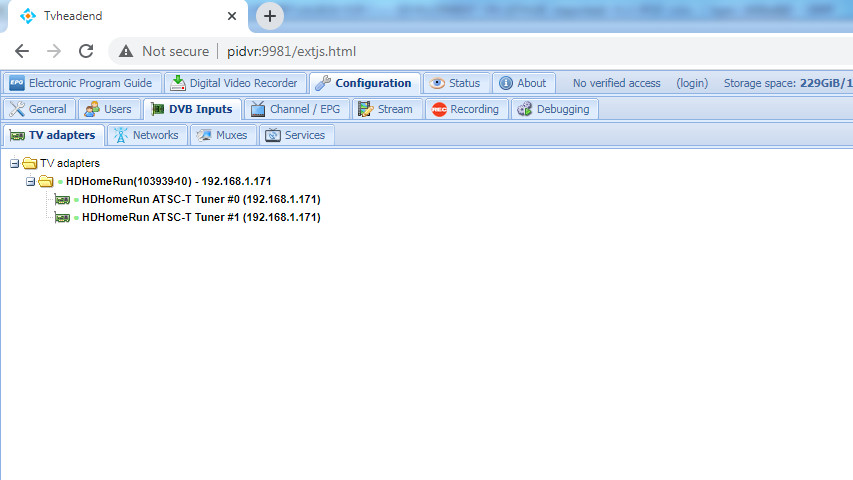
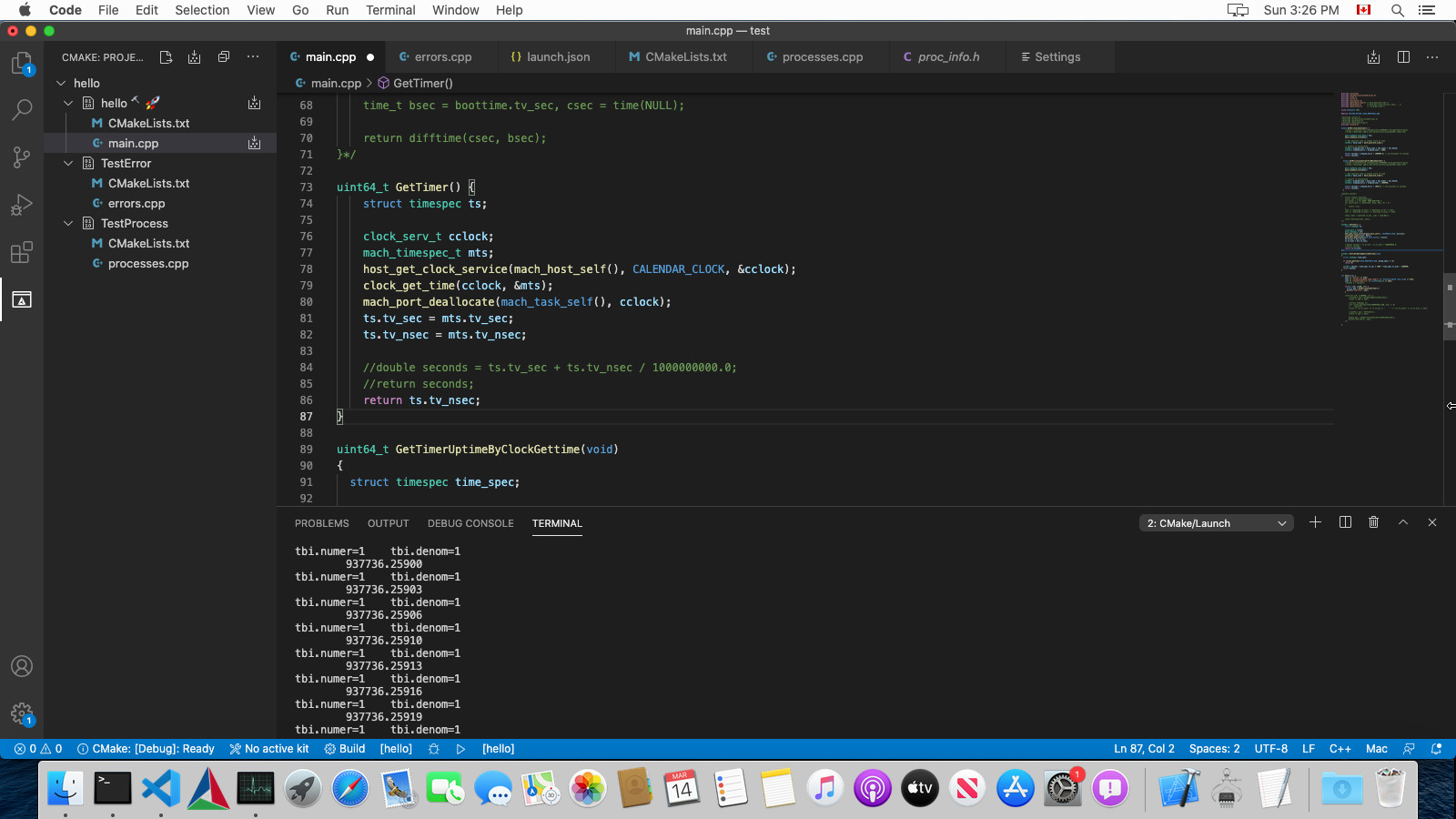
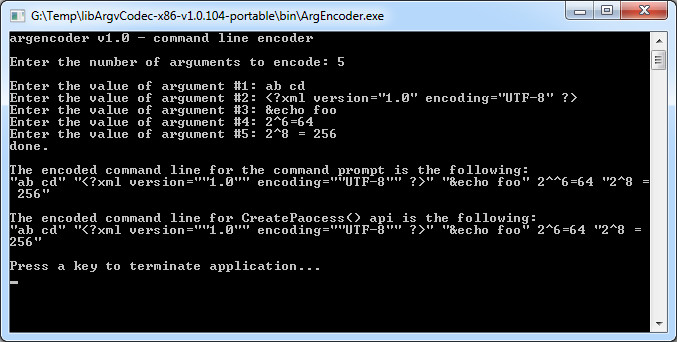
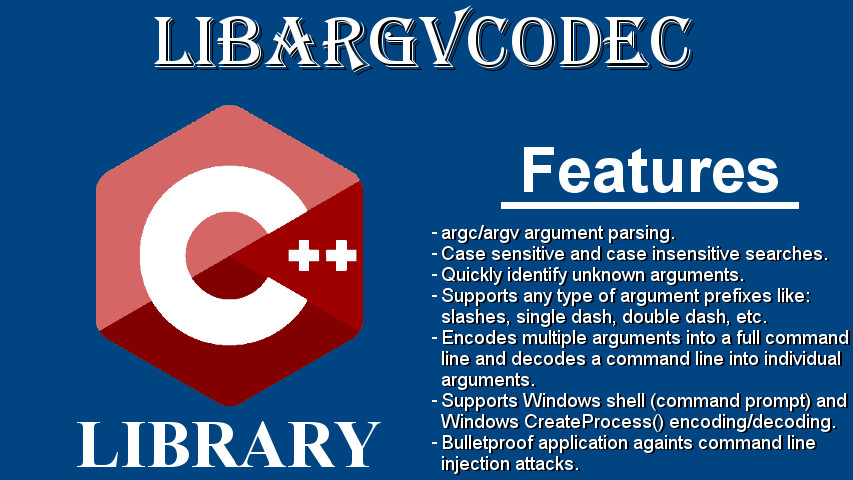
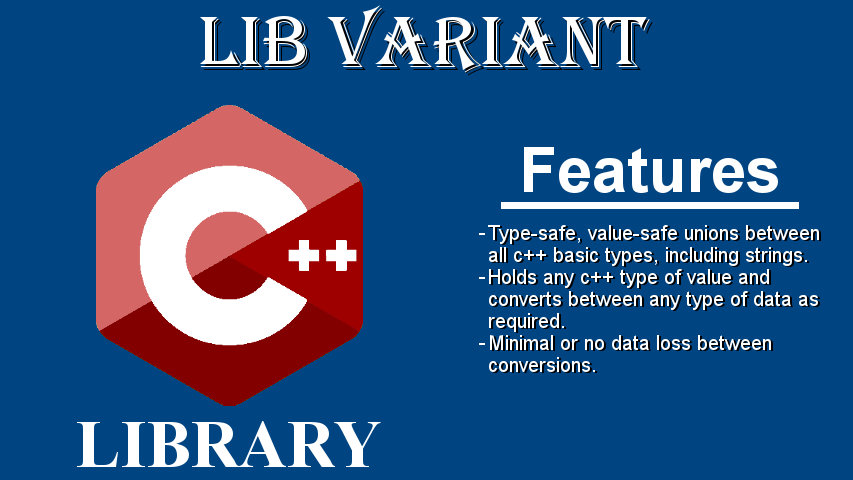
Comments